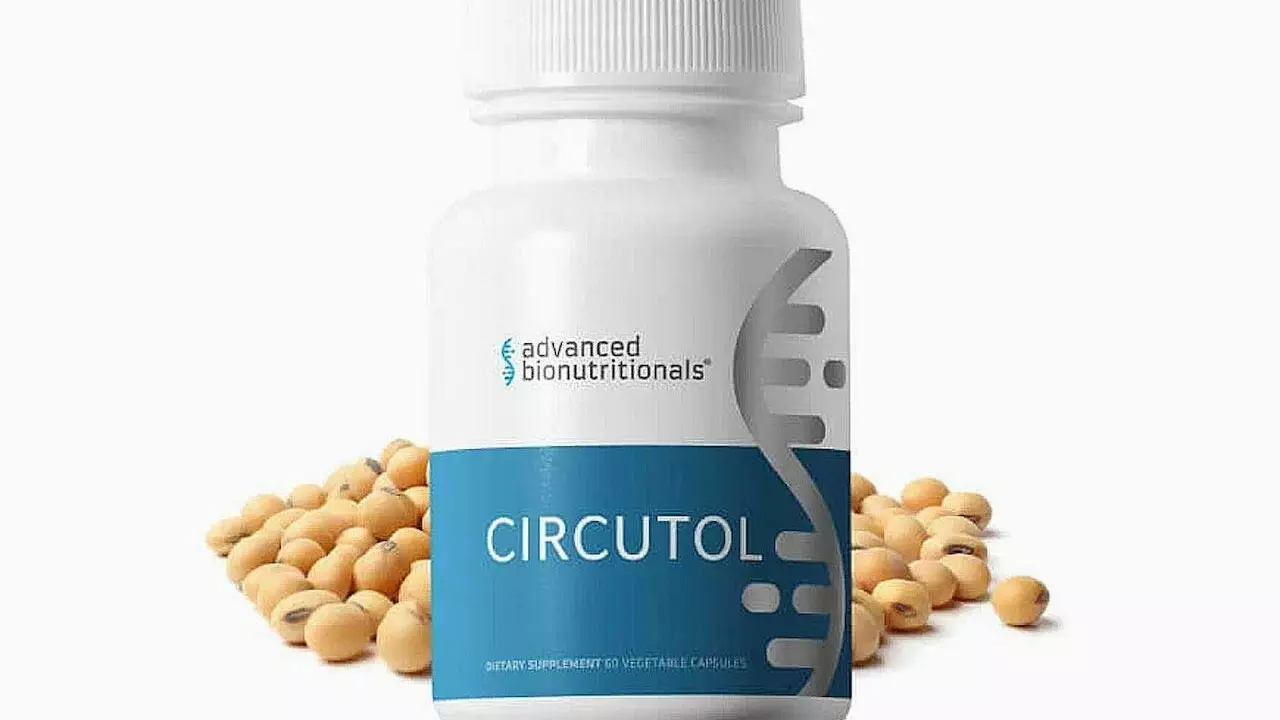Modern Dietary Supplements – What You Need to Know
If you’ve ever wondered whether that new powder on the shelf can actually help you, you’re not alone. Modern dietary supplements cover everything from protein shakes and omega‑3 capsules to adaptogenic mushrooms and AI‑engineered vitamins. They promise better energy, stronger immunity, or faster recovery, but the market is a maze of claims and labels.
The first step is to understand what a supplement really is: a product that adds nutrients, herbs, or other bioactive compounds to your regular diet. Unlike prescription drugs, supplements aren’t meant to treat disease; they’re designed to fill gaps, support performance, or boost general well‑being. Because the FDA doesn’t approve them before they hit the shelves, you have to do a bit of homework yourself.
How to Spot Quality in Today’s Supplements
Look for third‑party testing badges from groups like NSF, USP, or ConsumerLab. Those logos mean an independent lab checked the label against what’s actually inside the bottle. Check the ingredient list for fillers, artificial colors, or proprietary blends that hide exact dosages. If you see “proprietary blend” without a breakdown, it’s a red flag.
Another practical tip: compare the form of the nutrient. For example, magnesium glycinate is usually better absorbed than magnesium oxide, and methylated B‑vitamins work for people with certain genetic variations. When a supplement claims “high potency,” make sure the milligram amount matches scientific recommendations – more isn’t always better.
Common Types and What They’re Good For
Protein powders are the go‑to for muscle recovery. Whey isolate offers fast absorption, while plant blends (pea + rice) suit vegans and those with dairy sensitivities. Omega‑3 fish oils still rank high for heart health, but look for “molecularly distilled” to avoid contaminants. Adaptogens like ashwagandha or reishi aim to balance stress hormones; take them consistently for a few weeks to see results.
If you’re after immune support, vitamin C and zinc are classic, but newer entrants like beta‑glucan or elderberry extract have some promising data. For joint comfort, glucosamine combined with chondroitin or turmeric curcumin (with piperine for absorption) can help reduce stiffness.
Remember that supplements interact with medications. Blood thinners don’t play well with high‑dose omega‑3s, and St. John’s wort can affect many prescription drugs. Always run a quick check with your pharmacist or doctor before starting a new product.
Finally, set realistic expectations. A supplement can aid performance, but it won’t replace sleep, balanced meals, or regular exercise. Use them as part of a broader lifestyle plan – think of the supplement as a small gear in a big machine that is your health.
By focusing on third‑party verification, transparent labeling, and matching the product to your specific goal, you can cut through the hype and make modern dietary supplements work for you. Happy choosing!
Unleash the Potential of Peony: The Ancient Remedy Turned Modern Dietary Supplement
Peonies have been used for centuries in traditional medicine, but they're now being recognized as a powerful dietary supplement. Research is revealing their potential to boost our health in numerous ways. This ancient flower contains properties that can aid digestion, improve the immune system, and even combat inflammation. It's fascinating to see how this old remedy is finding a new place in our modern health routines. Peonies are definitely more than just a pretty bloom, they're a potential powerhouse for our well-being.






